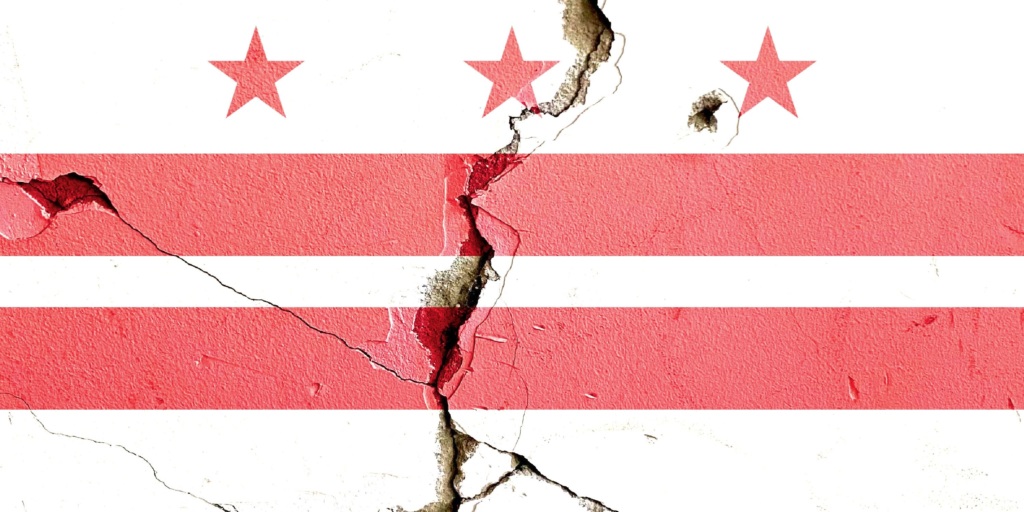LOCAL RIGHTS
Unlike every other state, D.C. cannot pass its own laws without “congressional review,” something Congress has used repeatedly to block and override the will of the people in D.C.
Under the District of Columbia Home Rule Act of 1973, all laws passed by the D.C. Council and signed by the mayor, are subject to a mandatory “congressional review” by the U.S. Congress, anywhere between 30 and 60 days depending on the type of legislation. Only after the congressional review period–if they are not blocked by Congress–can those laws go into effect.

Congress is also able to create its own legislation for D.C. without any input from D.C. residents. It can do so either by passing a bill through both the House and Senate and securing the President’s signature (which happens less often) or by attaching “riders” to the D.C. budget during the “Congressional Appropriations Process,” (which happens frequently). Riders have been added to D.C.’s budget every year since Home Rule was established in 1973. In 2001 alone, Congress added 70 riders to the D.C. budget.
Some of the many examples of Congress injecting itself and attempting to block the will of the people in D.C. include:
• In 1981, Congress overturned legislation to decriminalize same-sex activity in D.C., stalling D.C.’s effort to remove its discriminatory “sodomy” law by more than a decade.
• In 1992, the D.C. Council legalized same-sex domestic partnerships in the Health Benefits Expansion Act, but Congress refused to allow D.C to fund the measure until 2002.
• In 1992, Congress ordered a referendum in D.C. in an attempt to reinstate the death penalty in the District. (The District’s death penalty was nullified by the Supreme Court decision in Furman v. Georgia in 1972 and repealed by the D.C. Council in 1981).
• In 1989, Congress introduced the Dornan Amendment as a rider to the District’s budget. Still to this day in 2022, this rider blocks D.C. from using our own local tax dollars to provide abortion coverage for individuals enrolled in Medicaid–something that all other states are free to do.
• In 1998, Congress added a rider to the D.C. budget blocking the District from using our own funds to pay for HIV/Needle Exchange Programs. That stalled the program by nearly a decade and cost D.C. residents’ lives and money.
People who live in D.C. cannot achieve statehood on our own.
We need your help.
